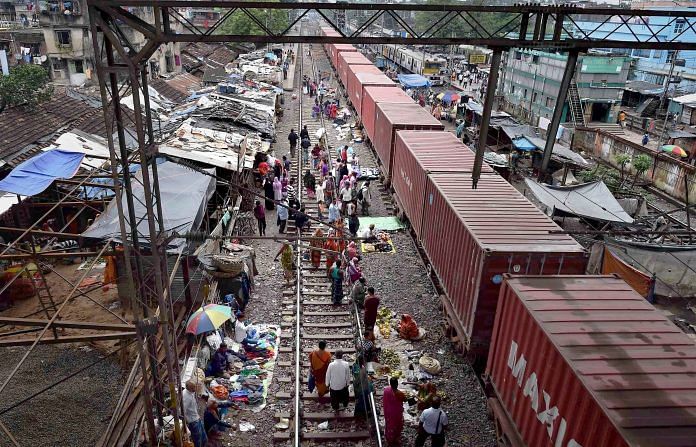There’s little that may change because of the Moody’s sovereign rating upgrade. The government should remain focussed on implementing more economic reforms.
Moody’s rating should not be seen as an example of India turning the corner. Moody’s has raised a number of India’s sovereign ratings, not because of improvement in its economic performance, but on the hope that India’s policies will continue to be favourable to international investors.
What matters to foreign investors is not so much Moody’s optimism or pessimism but how India’s politics plays out. For instance, the kind of communal politics that India is witnessing today is more likely to affect the sentiment of the international investor than whether India’s fiscal deficit will be 3.5 or 4.5 per cent. So, rating agencies’ verdicts won’t make a big difference in terms of India’s image makeover.
Even in terms of GDP, this rating may not be helpful. India’s GDP growth is low basically for two reasons The manufacturing sector has virtually collapsed; its growth rate is close to zero; and secondly, the volume of India’s international trade is falling, and that has hit exporters. These two factors are not really affected by political or domestic factors.
The banks’ insolvency and recapitalisation moves can make a difference in the long run, but even if bankruptcy courts are set up, they will take the same time as normal courts do to deliver verdicts. It will take years and years to settle bankruptcy cases; so the impact will be felt after 10-15 years. There will be no immediate impact of the move.
Further, our equity market is in a very bad shape. Very little capital is raised in equity markets. Even the equity that is raised is obtained from government financial institutions, and not from public issues. This has been a great setback for enterprises in this country; it is something that the government should really worry about. The other thing is that the banks are not really lending because their NPAs are very high and funds are not available to investors from the banks either.
The previous governor of the Reserve Bank had floated a very good idea; that was to license more banks. The current governor can take it forward and act on it. The government should focus on licensing new banks; and it should take the NPAs off the books of PSU banks. The government should also strive to make equity markets more independent and lively.
With the 2019 elections a year and a half away, the government may not want to take a risk by unveiling any big-ticket reform. Whatever ideas it had have already been implemented. Now, the government will focus more on campaigning than on new economic policies.
Ashok Desai is an economist. He has been a noted economic journalist and private business consultant in India, and was also Chief Consultant in the Ministry of Finance in 1991–1993.



